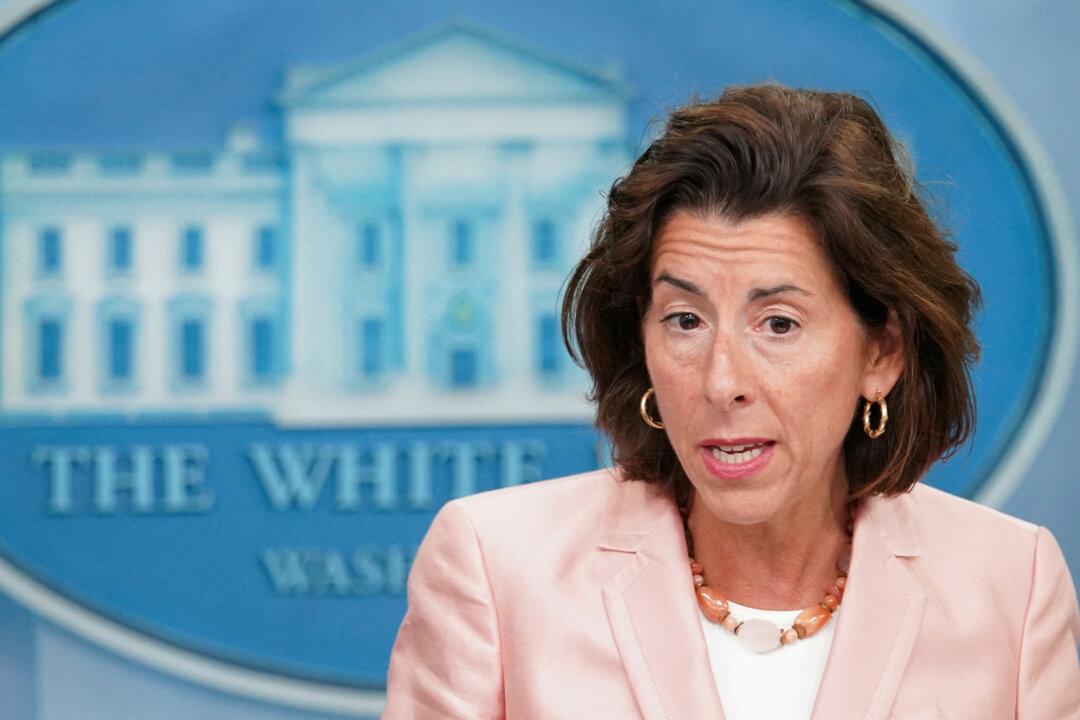The Supreme Court decided on May 1 to consider rolling back a bureaucracy-empowering legal doctrine when it determined it will hear a case challenging a U.S. Commerce Department rule on fisheries inspectors.
The court’s ultimate ruling could alter the current balance of power between Congress, executive agencies, and the nation’s judiciary by tearing away at the legal underpinnings of the modern administrative state, which critics deride as an illegitimate fourth branch of government.





